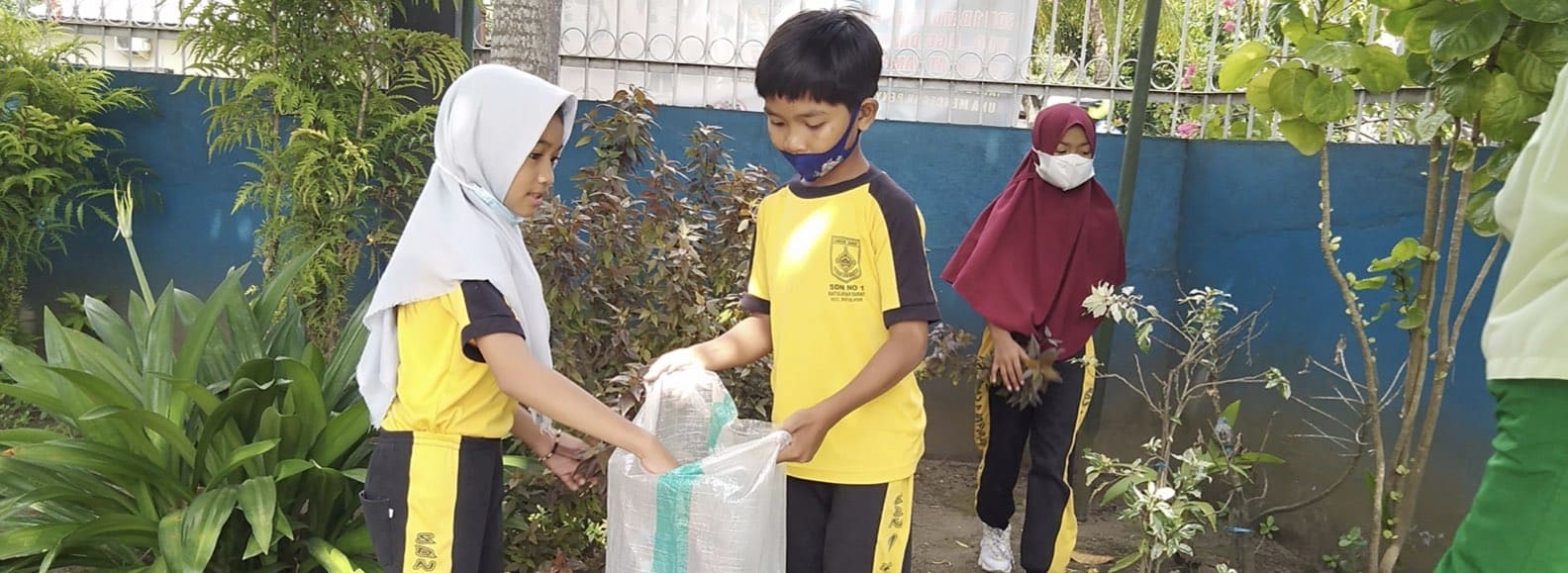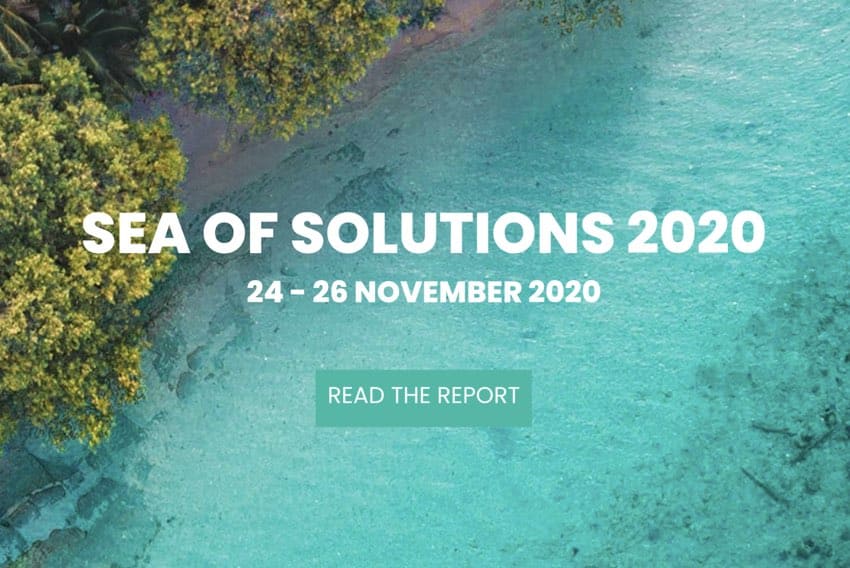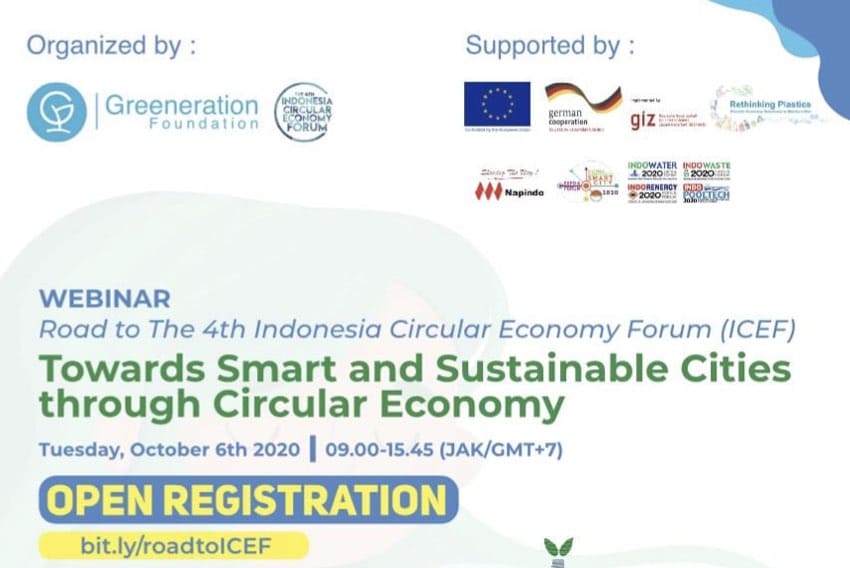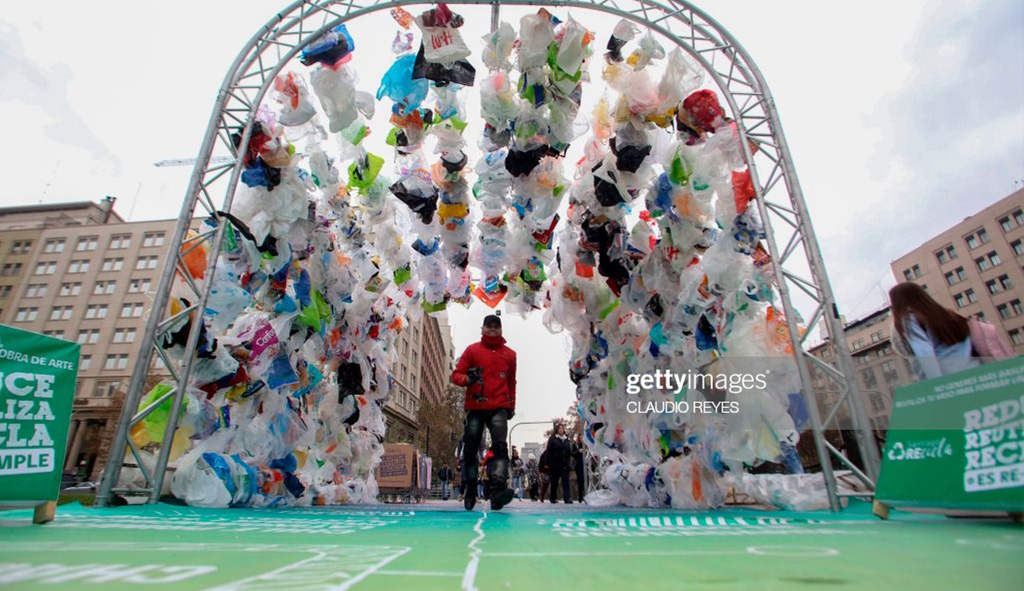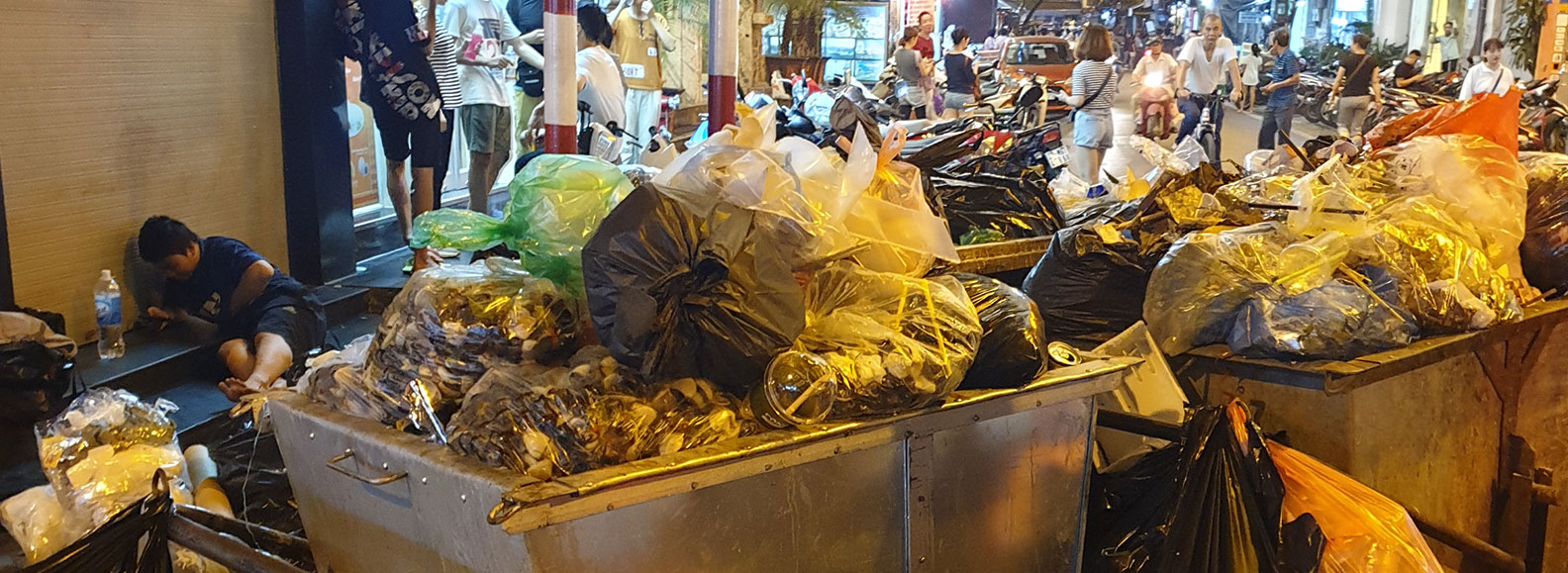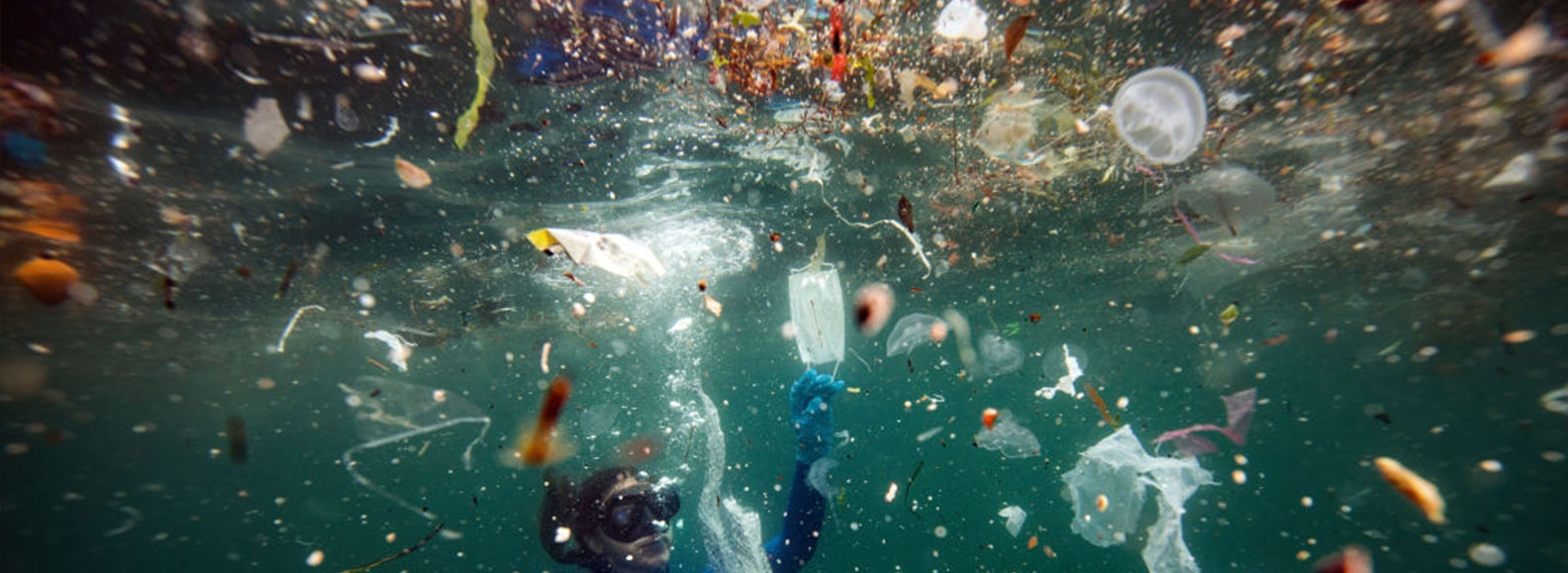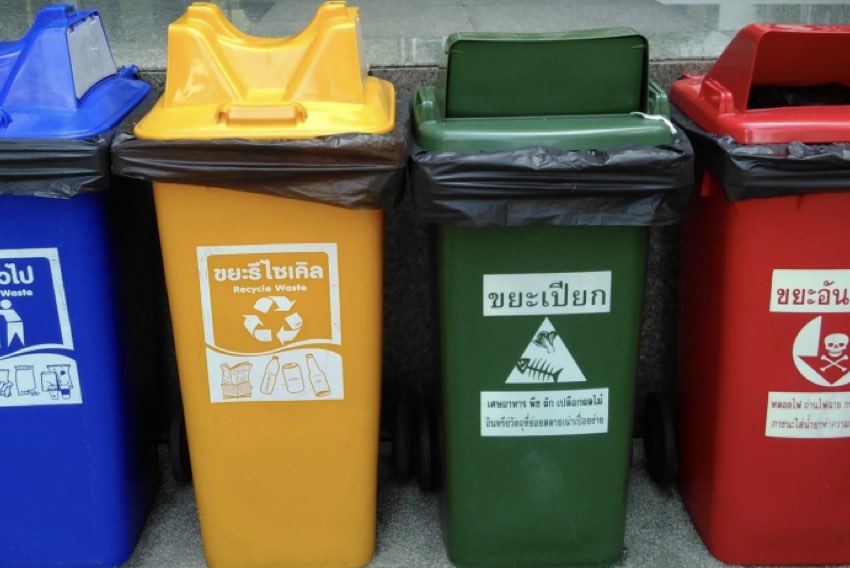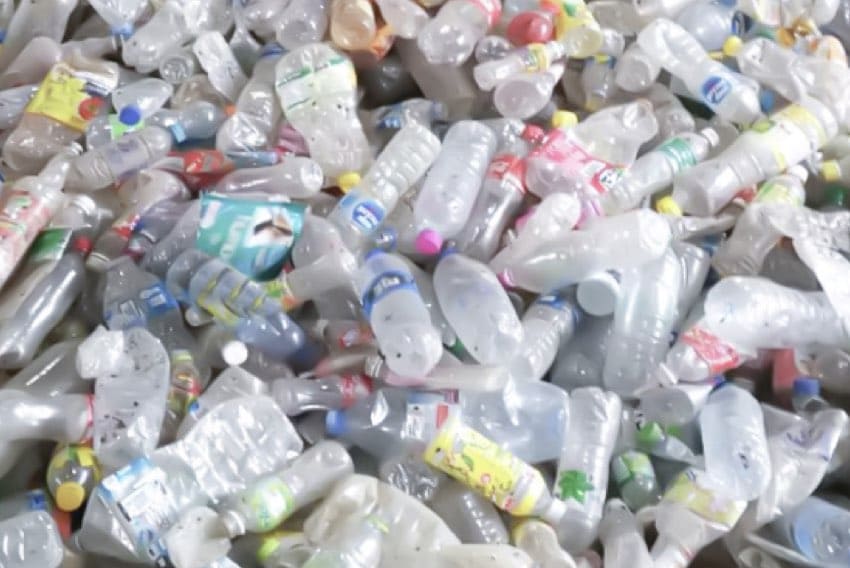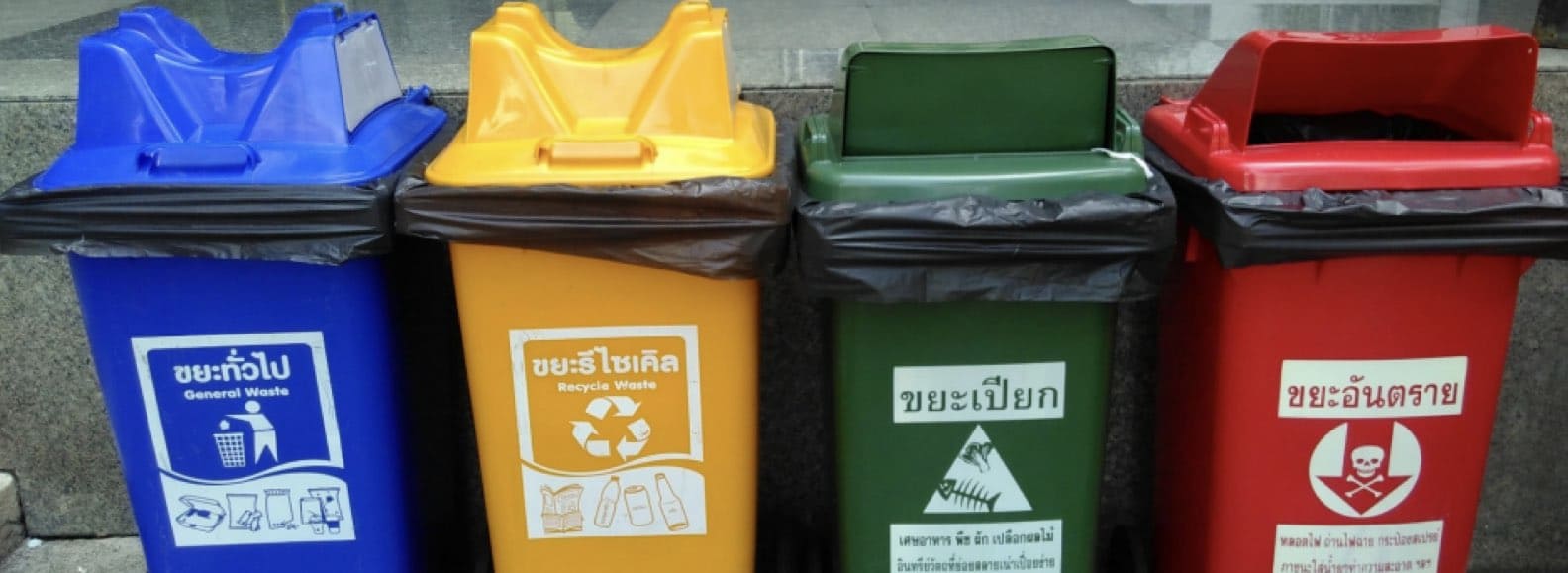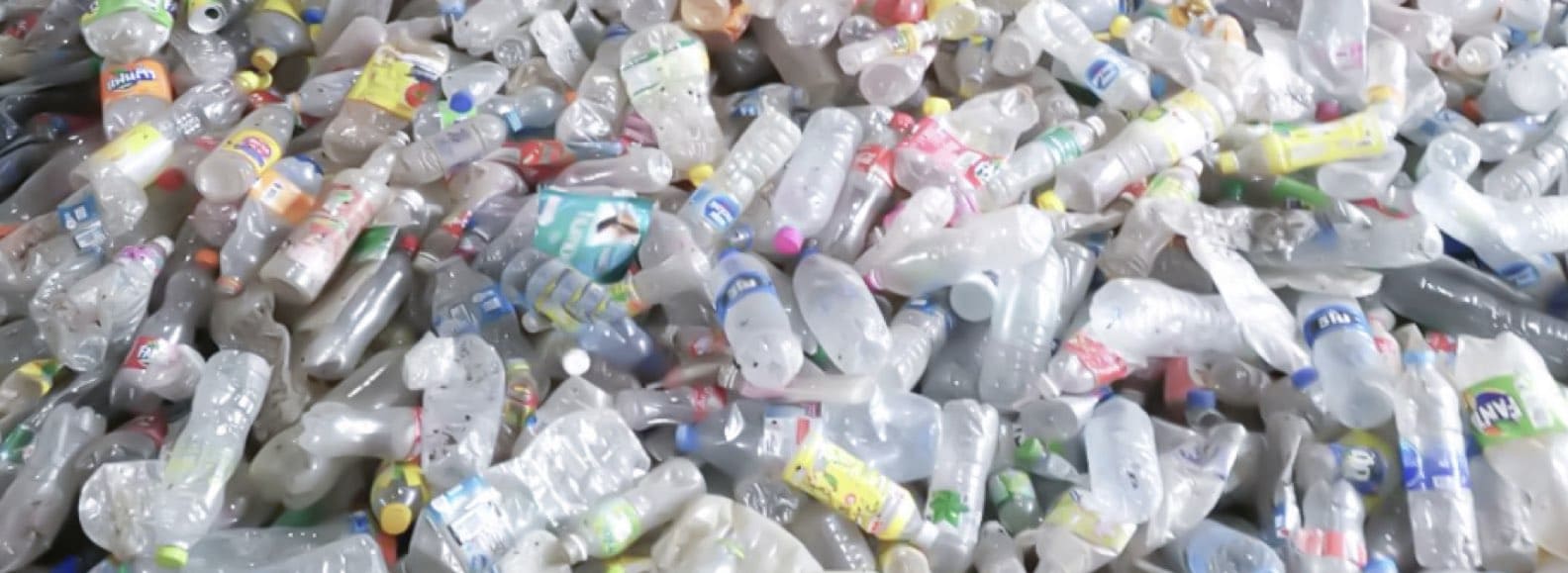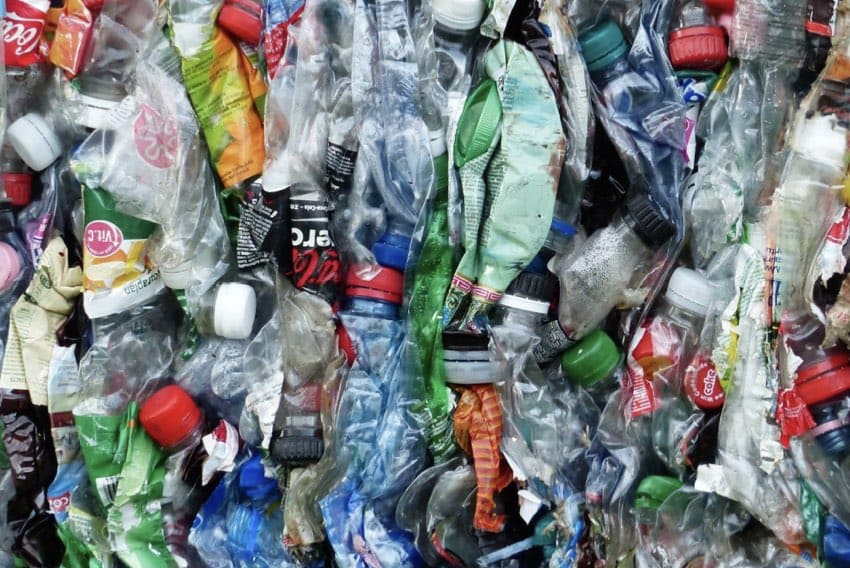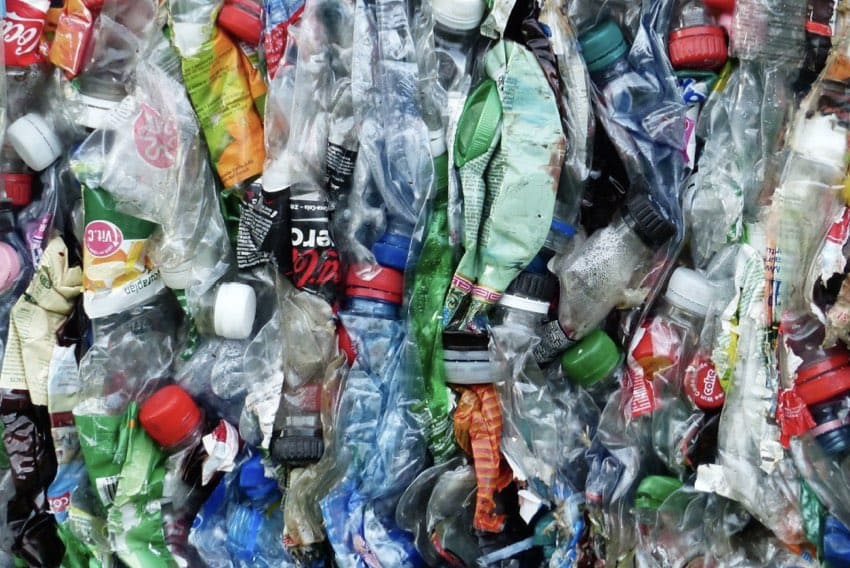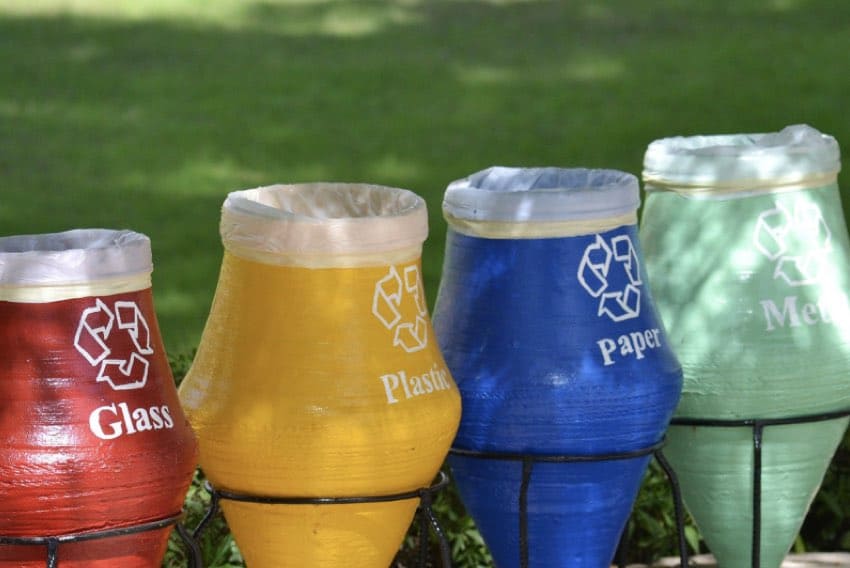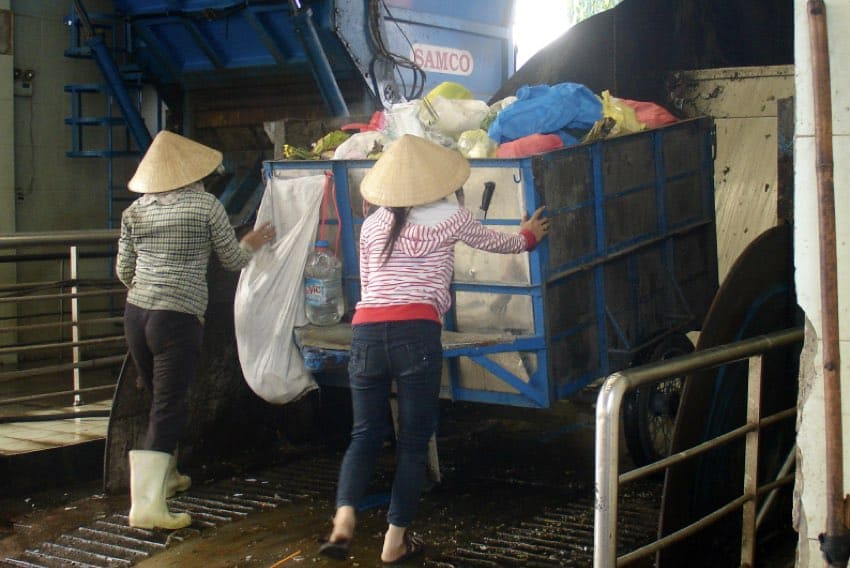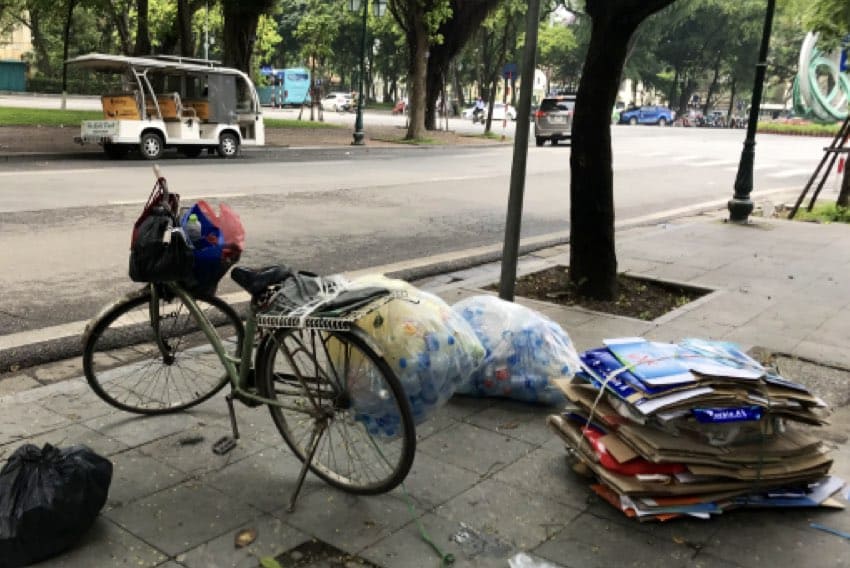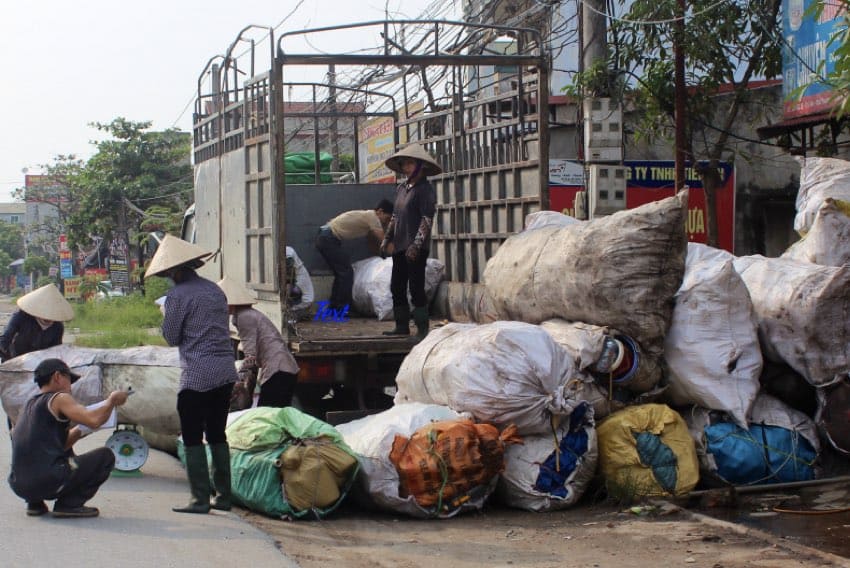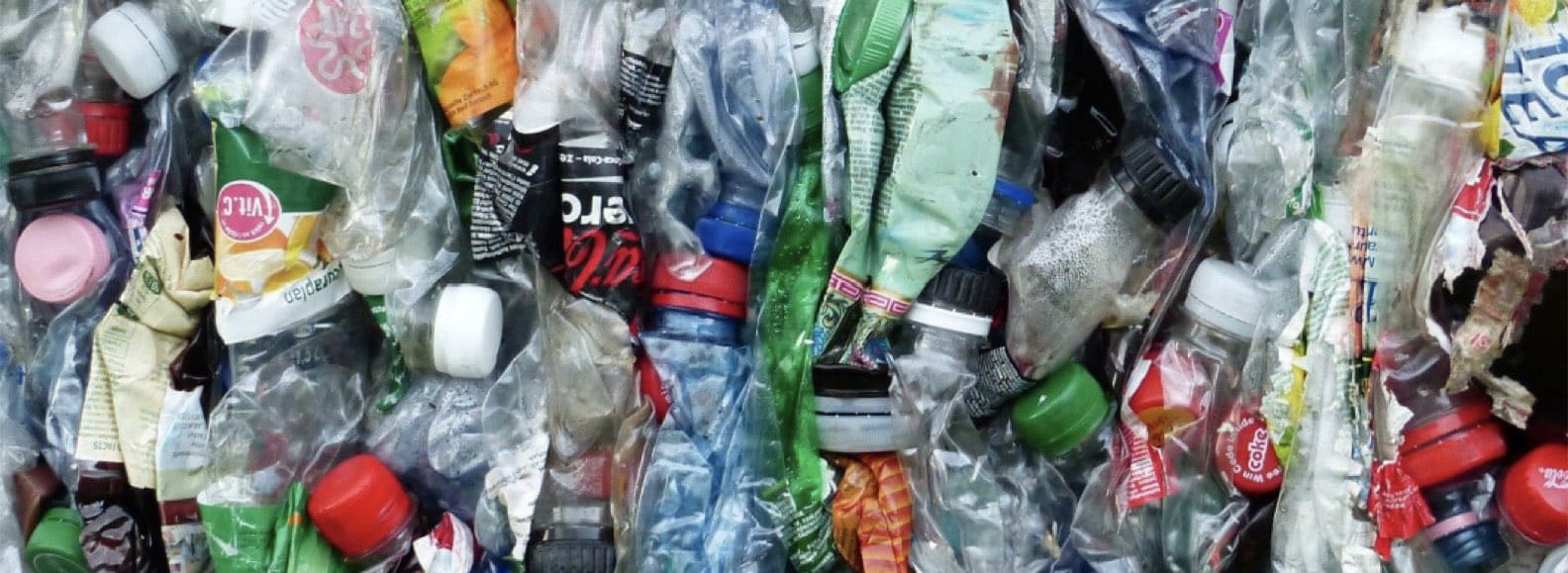- Country: All Countries
- key Area: Waste Management, Circular Economy
- Banner1:
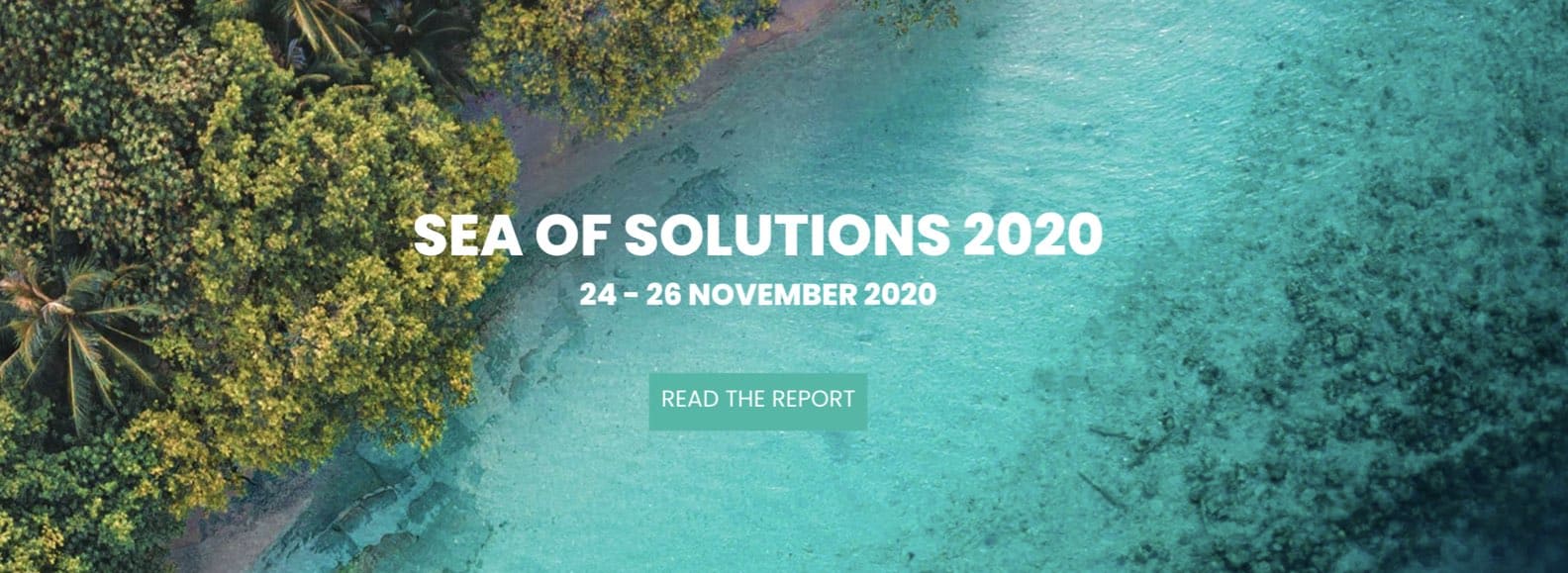
- Banner2:
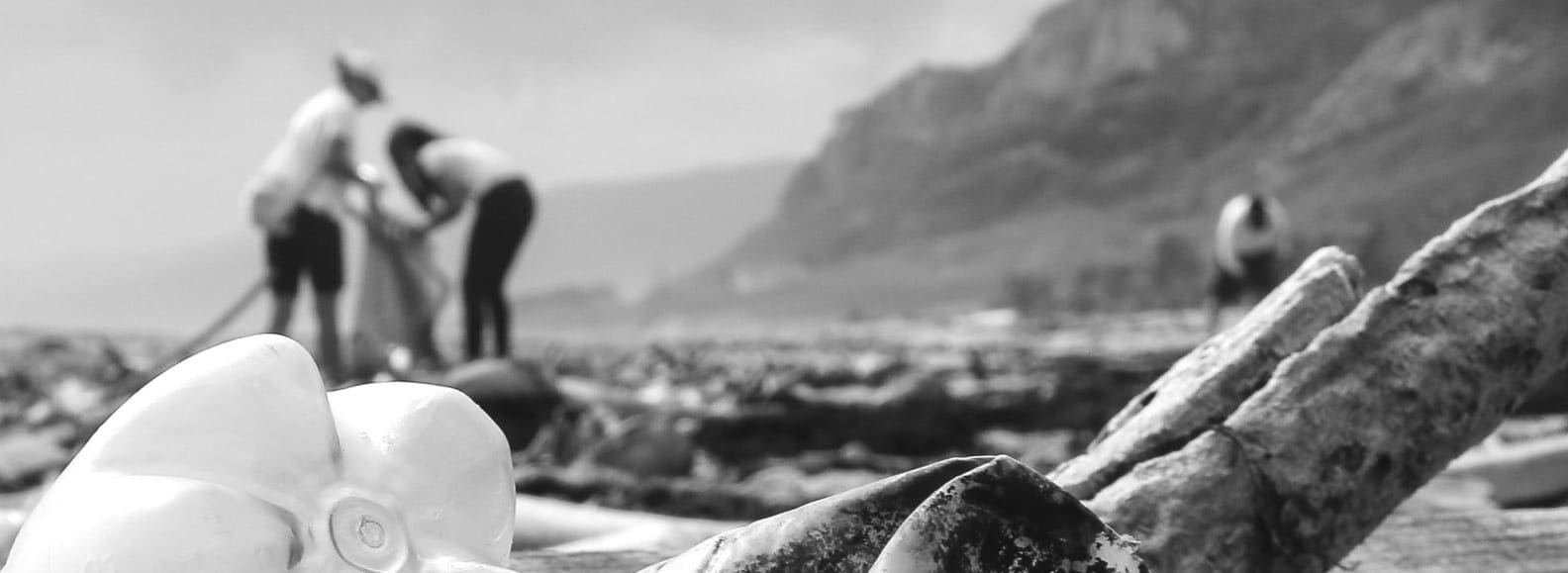
- Text Body 1:
This year, the project once-again actively engaged in the SEA of Solutions, an initiative from the UN Environment Programme and the Coordinating Body on the Seas of East Asia (COBSEA), which took place in a virtual format in November 2020.
- Picture 1:
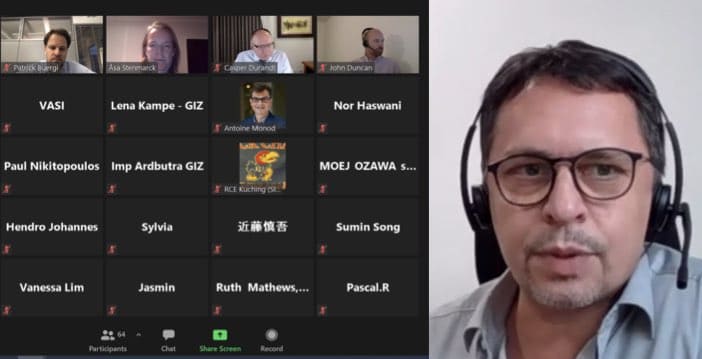
- Text Body 2:
The SEA of Solutions is an annually occurring partnership event towards solving plastic pollution at source and focussed on the overall theme of “Wasting less plastic and keeping it out of the ocean – Has the needle moved?”
Alvaro Zurita, the team leader of ‘Rethinking Plastics’ joined the panel of the session on ‘Taking responsibility: Business models and incentives for plastic neutrality’ to present and actively discuss EPR mechanisms with close to one hundred live participants. In addition, the project hosted a virtual exhibition pavilion providing key information on the project, its results so far, the planned pilot projects and contacts for exchanges.
More about the event and the event report: SEA of Solutions 2020 (sea-circular.org)
- Country: Indonesia
- key Area: Consumption & Production, Circular Economy
- Banner1:
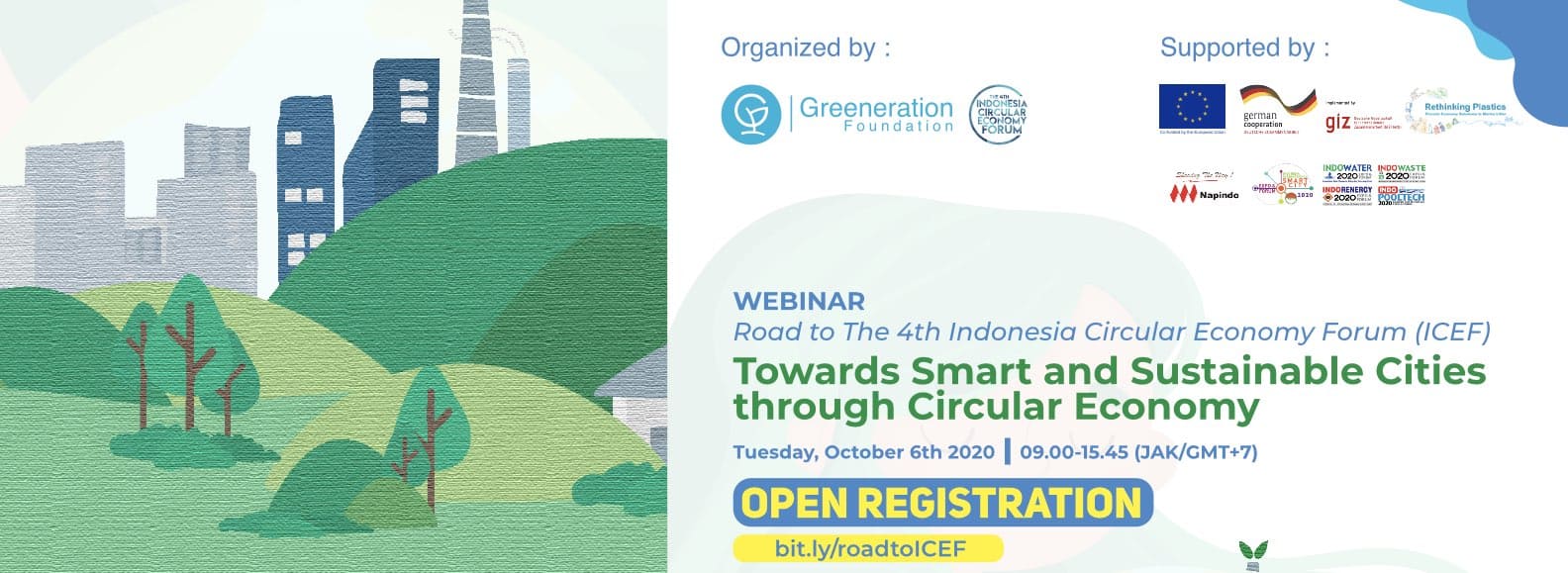
- Banner2:
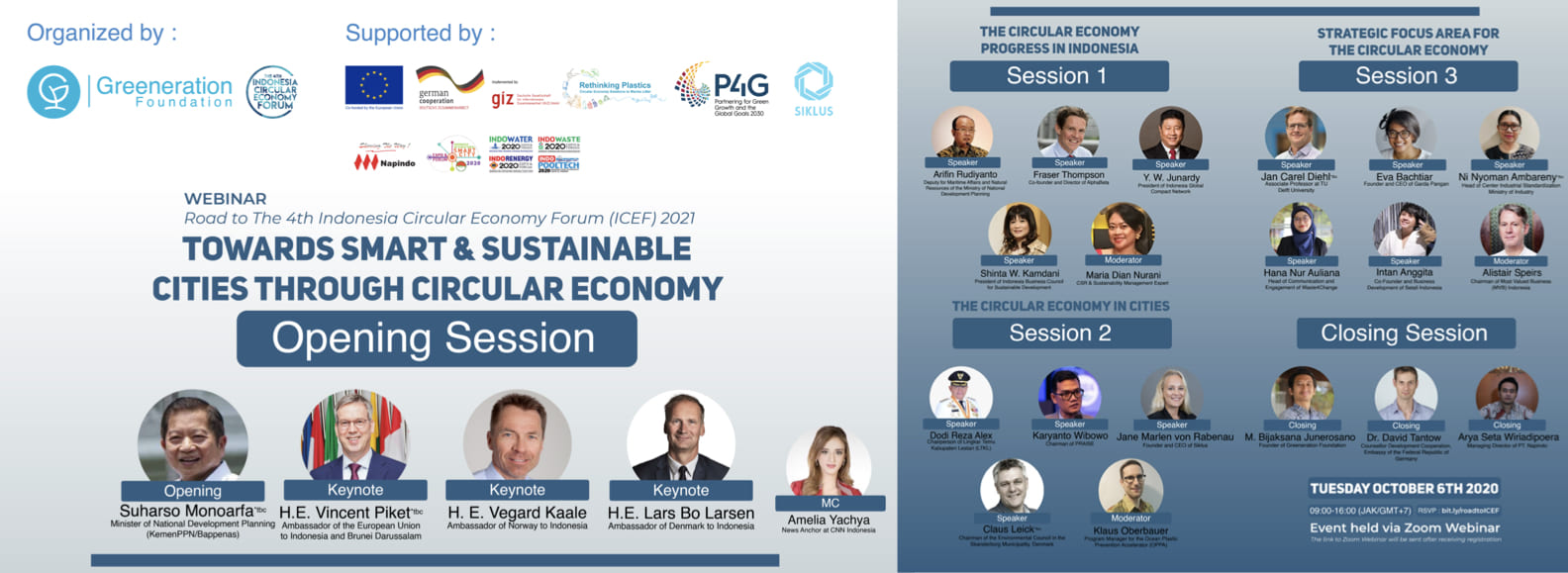
- City: Shanghai, Jackarta
- Text Body 1:
This year, the Indonesia Circular Economy Forum (ICEF) moved online to capture the spirit of the circular economy in Indonesia and provide a high-level dialogue with the theme “Towards Smart & Sustainable Cities Through Circular Economy”.
- Text Body 2:
According to the UN, city population is predicted to grow rapidly and two-thirds of the population will live in urban areas by 2050. “In line with this growing population, the consumption and human’s basic needs will also be increasing rapidly. Therefore, it is very important to design the right policies addressing the issues of sustainable cities for a better life of our people”, stated Suharso Monoarfa, the Minister for National Development Planning/Head of Bappenas of the Republic of Indonesia.
H.E. Mr. Vincent Piket, European Union (EU) Ambassador to Indonesia shared current initiatives from Europe:
- Highlight Quote 1: “The European Green Deal provides a roadmap with actions to boost the efficiency of resources by moving to a clean, circular economy, which aims to restore biodiversity and we will cut pollution. We look forward to continue our cooperation on circular economy that we stated during our Circular Economy Mission in October 2018 in Jakarta”.
- Text Body 3:
‘Rethinking Plastics’ supported the Road to the 4th ICEF online event which was hosted by Greeneration Foundation and the several sessions on Circular Economy Progress in Indonesia, Circular Economy in Cities and specific strategic focus areas of the Circular Economy. In the latter session, five core economic sectors for circular economy strategies were highlighted: besides plastics conversion and waste management, also food and beverages, electronic manufacturing and e-waste, construction and built environment as well as textile and the fashion industry. The session’s speakers included public-private and socio entrepreneurs, and international speakers, among them Jan-Carel Diehl, Associate Professor at the TU Delft University in the Netherlands. As for plastics, one way to tackle plastic waste is to design the products for a circular economy, as outlined by Mr. Diehl’s presentation with concrete examples from Bangladesh and Indonesia.
“I am actually confident that we can really move forward in this topic. We have so many amazing initiatives from the government, private sector, civil society in Indonesia. In particular, we look forward to the materialization and finalization of a circular economy action plan that hopefully can help stakeholders to get along how to concrete the goal and set up standards for the circular economy from the various sectors”, concluded Dr. David Tantow, Counsellor Development Cooperation of the Embassy of the Federal Republic of Germany in Indonesia.M. Bijaksana Junerosano, Founder of Greeneration Foundation agreed: “The transition to a circular economy is indeed not easy and requires a long process, and there is no shortcut for it. Therefore, participation and collaboration from every stakeholder, uniformity in understanding key parameters, and targets is crucial. Only this way, we can achieve economic growth and development without sacrificing our environment, and ultimately our own future.“
More information about the event here.
You can also watch the online exchange on YouTube.

